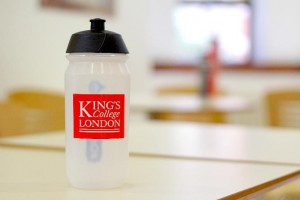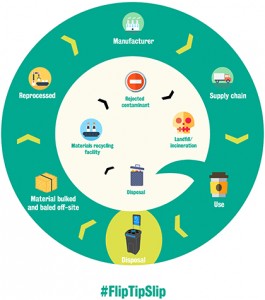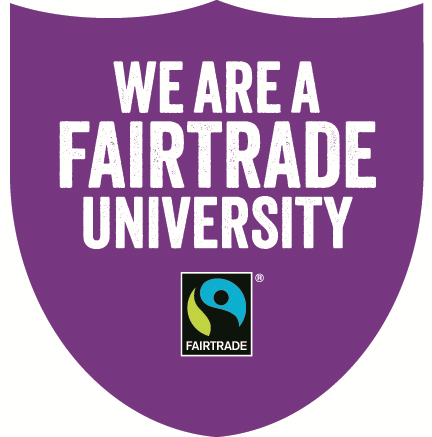As King’s gets quieter for the Christmas period, we would like to remind you to turn off all lights and non-essential equipment at the plug if you are the last one to leave the office for the Christmas period.
Please plan how you will shut down all unnecessary equipment in your area of work. Remember to switch off your computer, laptop and monitor, office lights and desk lamp. However, please be cautious with equipment such as fridges, freezers and research equipment. You can contact the Sustainability Champion in your area for more information or if you’re unsure about what action to take. Take a look at our switch off posters for laboratories here, and our offices here.
By switching off your electronics over the Christmas period, you will be helping the university to support its commitment to worldwide environmental responsibilities and the Paris Pledge for Action.
Take time to select a representative in your office to look after the following items:
TV screens and departmental controlled AV equipment in your area
Kitchen equipment
- Switch off the hot water boilers, kettles, microwaves and water coolers.
Kitchen area fridge
- Empty and switch off or turn the cooling temperature to low.
Printers and photocopiers
- Switch off at the socket; a photocopier on standby overnight can use enough energy to make 30 cups of tea.
Electric heaters
- Switch off at the socket.
Taps
- Turn off tightly and report dripping taps to the Service Desk.
Windows and office doors
- Ensure all are shut firmly.
Fume cupboards and safety cabinets
- Please ensure the sash is closed for either equipment. Turn off all safety cabinets. For fume cupboards, clear out if possible, do not leave any equipment in operation, and set your fume cupboard to ‘low-flow’ if applicable.
As a global university, King’s College London is entirely committed to its worldwide environmental responsibilities. King’s is an initial signatory of the Paris Pledge for Action, which supports the agreement made at COP 21 (21stConference of the Parties, United Nations Framework Convention on Climate Change) to limit global temperature rise by less than 2 degrees Celsius.
By switching off your electronics over the Christmas period, you will be helping the university to support these commitments and to achieve its goal to reduce carbon dioxide (CO2) emissions by 43 per cent by 2020 from a 2005/06 baseline.

 After our visit to the clinical waste incinerator, we toured Grundon’s Energy from Waste plant. This is where general waste (e.g. the black bins at King’s, containing sweet wrappers, sandwich cartons, plastic film etc.) is processed. While general waste at King’s is collected by Simply Waste Solutions, not Grundon, the process is the same.
After our visit to the clinical waste incinerator, we toured Grundon’s Energy from Waste plant. This is where general waste (e.g. the black bins at King’s, containing sweet wrappers, sandwich cartons, plastic film etc.) is processed. While general waste at King’s is collected by Simply Waste Solutions, not Grundon, the process is the same.
 Hello! Well, where do I start? I’ve been tasked to sort out all of your rubbish – which may be seen as a massive ‘waste’ of time. Okay, I’ll stop with the waste puns right now. My formal title is Waste to Resource Project Coordinator, which entails me helping King’s to achieve it’s 2018/19 goal of recycling 70% of all its commercial waste, along with aligning waste practices across the King’s estate.
Hello! Well, where do I start? I’ve been tasked to sort out all of your rubbish – which may be seen as a massive ‘waste’ of time. Okay, I’ll stop with the waste puns right now. My formal title is Waste to Resource Project Coordinator, which entails me helping King’s to achieve it’s 2018/19 goal of recycling 70% of all its commercial waste, along with aligning waste practices across the King’s estate.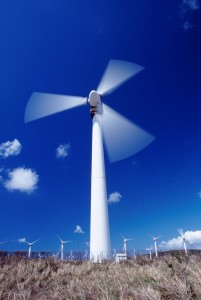
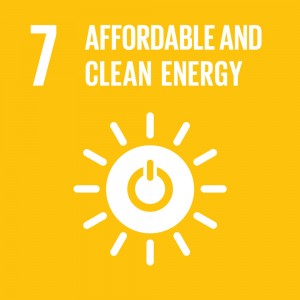

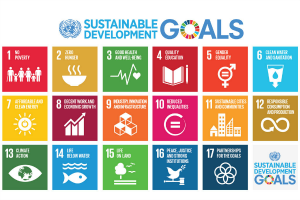
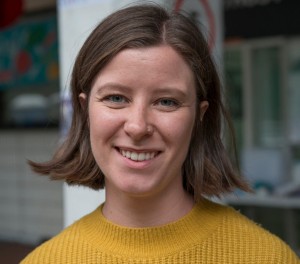 the King’s Sustainability Team as their new Sustainability Projects Assistant. The passion and drive in the team to make King’s as sustainable as possible is palpable, and I am excited to be part of a university that is dedicated to embedding the ethos of sustainability across all of its practices.
the King’s Sustainability Team as their new Sustainability Projects Assistant. The passion and drive in the team to make King’s as sustainable as possible is palpable, and I am excited to be part of a university that is dedicated to embedding the ethos of sustainability across all of its practices.